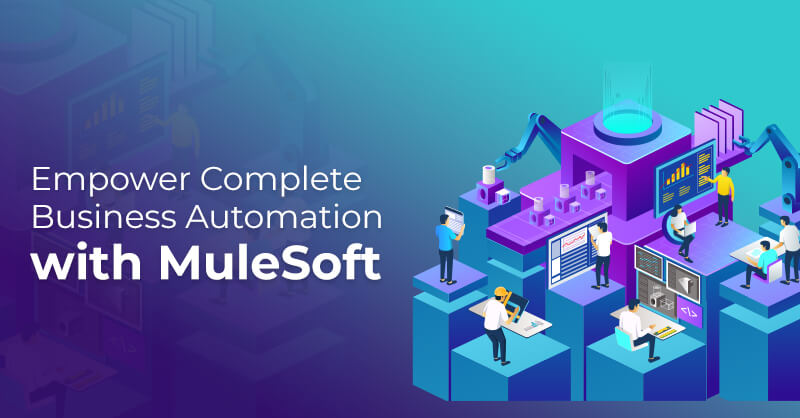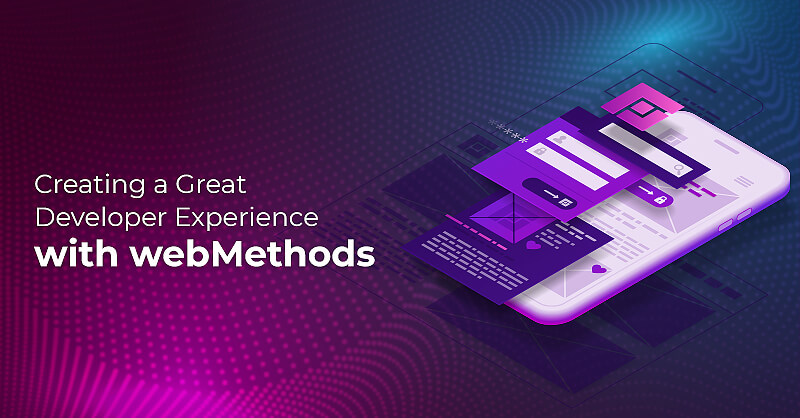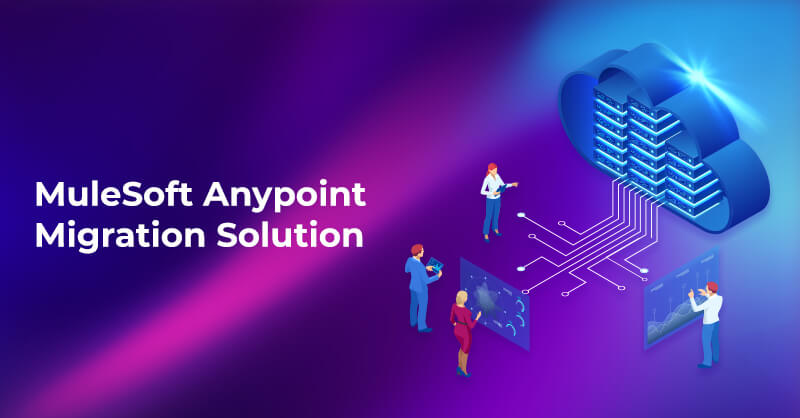Enterprise Integration Platform as a Service (EiPaaS) to Reduce Integration Costs
Written by Afsa Ashraf
Content WriterIt's no secret that one of the biggest problems modern businesses are experiencing is cloud integration. Several manufacturers are offering Enterprise integration services known as Enterprise Integration Platform as a Service (EiPaaS) to address the growing demand for safe and dependable cloud integration solutions.
To become a competitive organization in today’s world it is important to offer a cut-throat price which can only be possible using technology to simplify business processes and streamline operations by removing manual intervention and re-engineering the processes. The EiPaaS offers a native capability to connect to databases, legacy systems, files-based systems, cloud apps, and many other complex systems which are increasing rapidly.
More than that, it is becoming a change agent for organizations to become business-friendly, process-oriented, and quick to adapt to marketing trends.
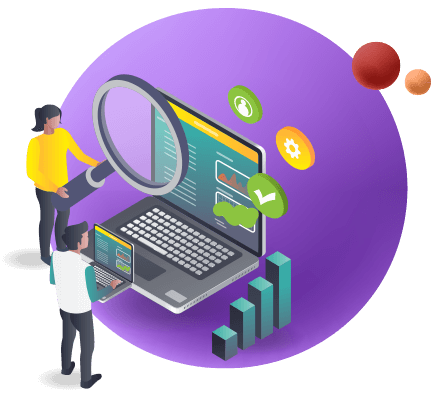
What is EiPaaS & Why Do We Need it?
Enterprise Integration Platform as a service (EiPaaS) is a collection of cloud services that enables the creation, execution, and management of integration flows integrating any assortment of on-premises and cloud-based operations, services, applications, and data within a single business or among several organizations. Enterprise Integration platform as a service helps organizations to connect to any back end or data source without going into the traditional approach of consuming via web service or APIs. The platform supports various organizational functions, depending on how tech-savvy they are. Organizations may become more flexible, efficient, and secure.
EiPaaS in Enterprise Architecture
Since EiPaaS offers a combination of cloud-centric integration technologies and the full range of API management capabilities to handle the connectivity and integration of apps in the cloud as well as on-premises, that’s why EiPaaS is the next best evolution after iPaaS. Organizations can profit from the increased autonomy, improved connection, enforced policies, and governance.
Enterprise iPaaS, increases productivity by enabling agility, flexibility and scalability through automation and services. Technical leadership, including domain owners and integration-related stakeholders, are increasingly adopting enterprise iPaaS as a complete platform as a service for a comprehensive single-shop solution for API integration scenarios. A wide range of protocol connectivity, application and data connectors, construction of integration workflows, routing/orchestration, policy enforcement, community management, and built-in continuous-integration/continuous-delivery (CI/CD) pipelines are some of the key capabilities that come with an enterprise iPaaS.
The popularity of cloud services is expanding quickly, and both iPaaS and EipaaS have important consequences for changing organizational design. By laying the groundwork for the execution of several IT initiatives and procedures, these two techniques aid in the translation of corporate strategy into a value stream generation outcome. Enterprise architecture, which developed concurrently with operational change and technological advancements, depends on integrating (and APIs) (where cloud systems and cloud applications see increased adoption). But in addition to business architecture's progress, organizations' working methods and technological developments have also evolved.
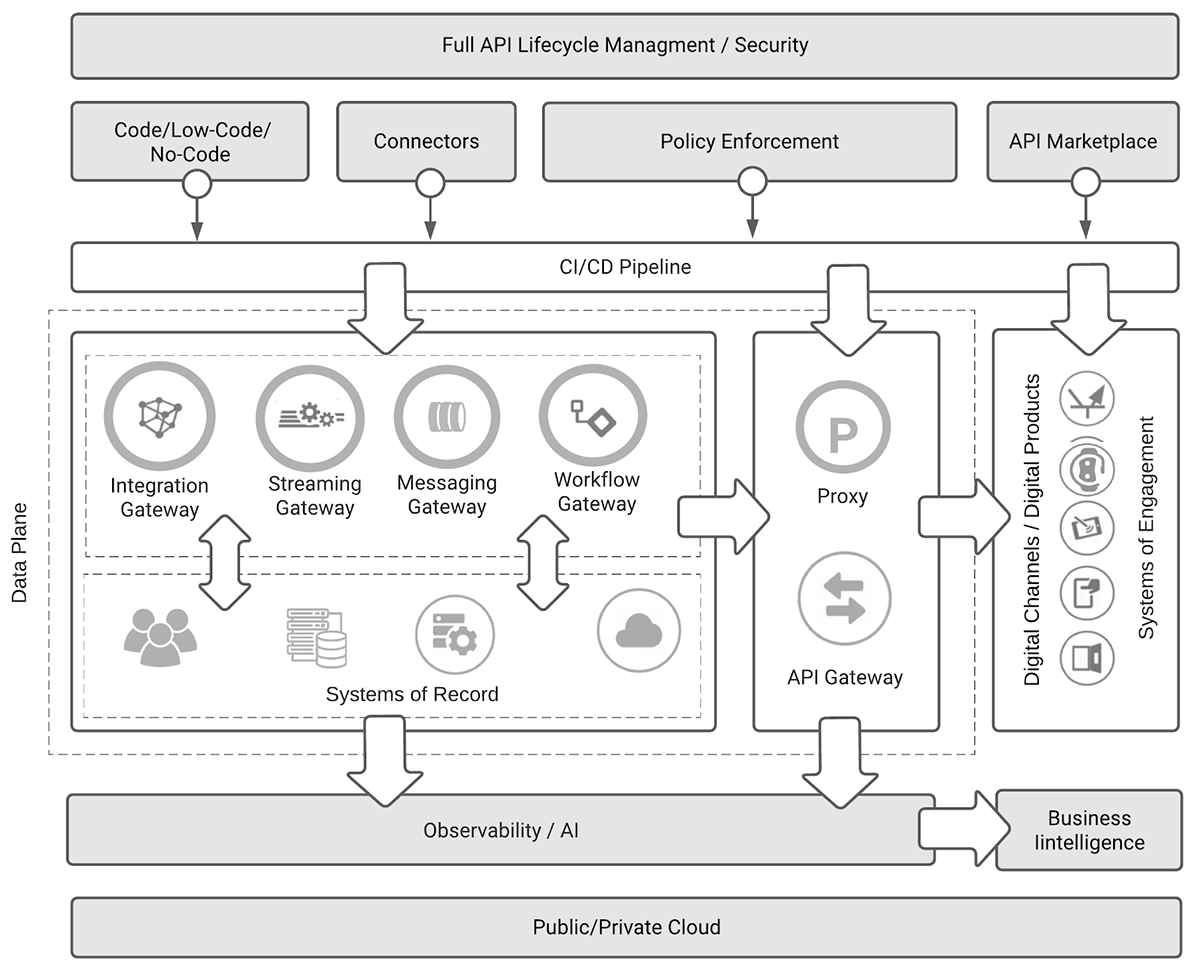
The creation of value streams is currently being driven by the relationship between business and technology. Enterprise architecture needs a future-proof integration platform, though, and that's where EiPaaS and iPaaS transform into the nervous system of a digitally-driven organization.
Benefits of an Enterprise Architecture that Utilizes an EiPaaS
To handle the connectivity and integration of apps on-premises and in the cloud, Enterprise iPaaS offers the entire range of API management and integration features. Additionally, an enterprise design that makes use of an EiPaaS for both internal and external integration might reap a number of significant advantages. From a technological perspective, these comprise the capacity to:
Connect data, subsystems, and internal & external systems
Improve the way cloud services are integrated
Make an enterprise easily configurable and has a decoupled, architecture
Utilize cloud computing resources
Features of EiPaaS
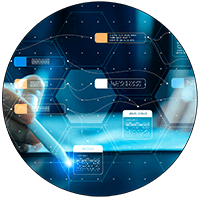
Scalability
Any enterprise iPaaS solution should be able to adjust to the volume of data entering through different channels. The quality of the integration and the resulting data should never be compromised when additional sources are added to the mix and businesses produce even more data.

End-to-End Support
The platform should handle a wide range of data-related procedures in addition to different data sources. Design, integration, testing, automation, deployment, enrichment, transformation, and other processes fall under this category.

Security & Data Privacy
Any iPaaS that the organization chooses should utilize cutting-edge detection and authorization capability to safeguard the data against fraud and breaches. Enterprises should be able to abide by data privacy and security laws like GDPR, CCPA, and others thanks to the platform.
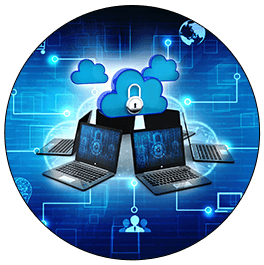
Support for Flexible Deployment Models
The iPaaS platform should support both on-premises and cloud-native sources, and it should be able to process real-time data of any volume. The platform should also handle all variations of cloud-ground data transmission and operate well with the hybrid architectures used today. Leading cloud solutions and locally hosted virtual architectures are both simple to integrate with the correct platform.

Support for Multiple Complex Integration
Platforms for enterprise iPaaS should combine numerous channels, including sophisticated, contemporary, and IoT-based sources.

User-Friendly Interface
Less tech-savvy stakeholders should be able to access and use the data thanks to the EiPaaS platform's ease of use for both business users and data technologists in the organization.
Conclusion
At Royal Cyber, we deliver Eipaas that varies from complex integrations to enable our client’s future growth and success. We are a global leader in enterprise solutions and assist businesses with their integration problems. Royal Cyber has expertise in the entire process to help you, enabling your team to take advantage of performance optimization built into the platform. For more information, you can email us at [email protected] or visit www.royalcyber.com.
Credit to the original author and reference

